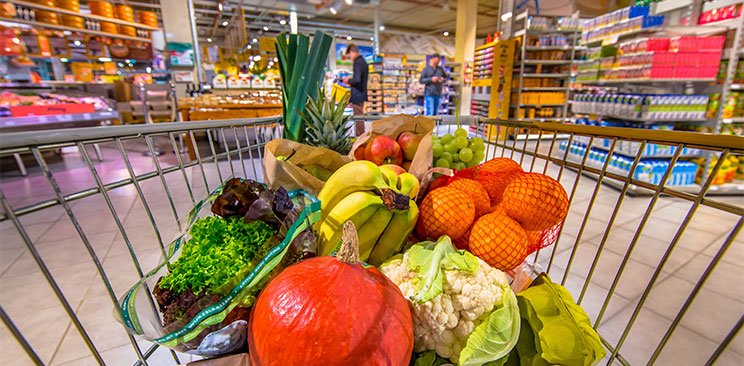New IBISWorld research suggests Woolworths’ decision not to stock many of Coca-Cola Amatil’s Mount Franklin-branded products from next month signals a distinct shift in supermarket strategy away from big brands and towards private-label products in an increasingly competitive industry.
The decision follows the retailer’s decision not to stock CCA’s highly anticipated new product, Coke No Sugar.
“The move is seen as a way for the supermarket chain to boost the performance of its private-label products, particularly as demand for bottled water is growing strongly at the expense of sugary and sweetener-laden carbonated beverages,” IBISWorld Senior Industry Analyst Nathan Cloutman said.
“Private-label products account for approximately 25 per cent of total sales in the supermarkets and grocery-stores industry. Woolworths is increasingly looking to expand its private-label product range, including ‘phantom’ brands. This trend follows a strategy that has been strongly pursued by ALDI, to drive consumers in-store through low private-label prices.”
Woolworths’ moves to promote its private-label products are mirrored in the UK grocery market where private-label products account for nearly 40 per cent of total sales, according to IBISWorld.
“It’s expected that Woolworths and Coles will increasingly expand their private-label ranges, to boost their competitiveness against ALDI,” Mr Cloutman said. “Brands, such as Coca-Cola Amatil, are likely to increasingly innovate to keep their products on supermarket shelves. Areas of innovation include expanding the range of premium products and offering healthier alternatives.”
IBISWorld says the recent announcement suggests Woolworths will remove several Mount Franklin products while retaining the 20-pack and six-pack varieties, and single-serve portions in its stores.
Conversely, in New Zealand’s supermarket, grocery- and convenience-store industry, which generates revenue of NZD$18.7 billion ($17.5 billion) and employs some 53,000 people, big brands are enjoying strong growth and continue to generate more than 85 per cent of total sales, according to IBISWorld.


